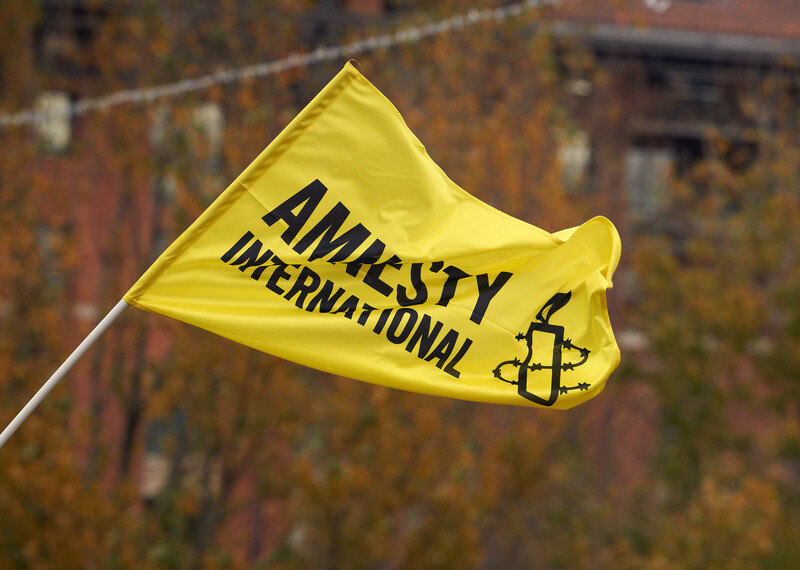If data is key, why is it that we still know so little about inequality in Europe?
Europe experiences significant inequality in capital distribution. This blog post sheds light on the challenge of obtaining essential statistics about capital distribution in Europe. Share Council aims to make more employees co-owners and is working on fiscal benefits for participation plans. The goal is to make 137 million employees in Europe co-owners for a more balanced society.
In Europe, 64% of wealth is owned by 10% of Europeans. I continued to search for good statistical insights and overviews to get a better grip on the large unequal distribution of capital. After all, if you want to find a solution for something, you must first have a clear idea of the problem. During my search it quickly became clear that it is not easy to uncover essential European data. This creates a fragmented – and in parts dated – picture of inequality in Europe.
Social Europe
Strangely enough, it has been almost impossible in Europe for a very long time to gain insight into statistics about capital distribution and other forms of inequality, spread over 28 countries. The French professor Thomas Piketty has made an amazing contribution drawing attention to the subject with his research. The difficulty of obtaining insightful data is very well described on the website Europe Social. Europe Social was set up to gain insight into the social problems of Europe, with a focus on inequality. They focus on inequality in direct capital as well as in general opportunities for European citizens. A nice introduction to European inequality is given:
Inequality is the defining theme of the left-right political spectrum – going back to the time of the French revolution, when the supporters of liberté, égalité, fraternité sat on the left side of the first Assemblée nationale. Those on the left have always argued that capitalism tends to engender economic inequality, which can be challenged by collective social and democratic political action. Those on the right have contended that inequalities are just the product of natural differences between individuals or social groups which should not be the subject of interference.
The passage above provides a sharp insight into the social positions (left and right) and points out why something may not be made clear easily. Finally, Europe Social addresses the question of what inequality actually is. It is immediately made clear that this remains a difficult term to comprehend, but that a kind of basic feeling about this is the same for many:
“Inequality can be seen in various ways, ranging from a denial of individual opportunity to a more structural understanding of inequality of social condition. But the notion that ‘brute-luck’ disadvantage is wrong and that there should be equality of life chances for all can command widespread support.”
A critical view on wealth distribution
What does become clear is that there is currently a social interest in seizing this subject and looking at it very critically. Literature makes a comparison between post-war equality and the growing inequality since the 1980s. Thomas Piketty mentions this, but Michael Dauderstädt and others have also mentioned this point before. Fortunately, we are now seeing the subject appear higher and higher on the political agenda.
“Inequality has moved up on the political agenda in recent times because of the global transition, led by the US and UK in the 1980s, to a ‘neoliberal’ economic regime. Breaking with the Keynesianism practiced in western Europe and north America in the early postwar decades, this has returned to an earlier, ‘classical’ presumption that, left to themselves, markets arrive at optimal economic equilibria and the state should therefore withdraw from social steering. The neoliberal era has not only seen the soaring away of top incomes at the expense of those in the lower reaches of the income hierarchy but has also itself been thrown into question by the financial crash of 2008, which no neoclassical economist anticipated.”
Ultimately, of course, all this calls for more research – and above all for a way to make things statistically transparent. Several European institutes are now (finally) seriously working on this.
Inequality in Europe
Georg Hubmann describes the importance of an open data source, to map the inequality. In this context, he refers to Europe’s first truly comprehensive data source on inequality, called inequalityin.eu. This website contains simple overviews of elementary data, such as wealth distribution, income distribution, standard of living, etc. per country in Europe. The example that caught my attention was the simple way of mapping wealth distribution in Europe. See the overview below:
There is still a lot needed to enrich this database. For example, wealth distribution is mapped here for only a part of the countries and only until 2014 (eight years ago). However, there are already many other data points, which are much more accurate and more opaque. For example, the absurd difference in income between male and female doctors.
I recommend everyone to take a look at this website.
The rise of the working class shareholder
In my previous articles, I’ve described how Share Council is making more employees co-owners of the companies they work for by setting up:
- a Trust Foundation also known as STAK
- cooperatives
- economic ownership right of shares
Europe Social has a video interview with David Webber on “The Rise of the Working Class Shareholder“. In the 50-minute interview, it is clearly explained why it would be wise for (institutional) power to rest with the employees. It’s a thought that we, at Share Council, play with too.
The question is, of course, whether you should make something mandatory or whether you should just encourage it. We now do the second. By building a system that is as simple as possible and budget-friendly for introducing employee participation. With this we hope to encourage every entrepreneur to set up such a model. We remove all barricades to make the employee co-owner, so that an entrepreneur no longer has a reason not to do this.
In all honesty, the European Union – and the Dutch government (read: the tax authorities) – is not really cooperating yet. The often inconvenient tax consequences of participation plans remain a stumbling block. Fortunately, Share Council is in conversation with the House of Representatives to bring about a change here. Together with members of parliament such as Thierry Aartsen and experts from VanLoman Tax Advisors such as Marc Oostenbroek, we are writing a bill that should make participation fiscally attractive. Little by little we are coming together in a more balanced society.
I am curious what you think about this and whether this information gives you new insights.
Want to learn more about employee participation and why we fight for it? This is possible! Go to our website and discover the Share Academy. Read blogs, view the knowledge base and check our social media.
We’re going to be the biggest movement ever.
137 million heroes (co-owners), that’s what we’re going for. In the Netherlands there are 5 million people who work for SMEs (#mkb) and therefore account for almost 70% of the economy. In Europe there are 137 million. With 25% of the group you start a revolution, this is 34 million people in Europe and 1.25 million people in the Netherlands. Only together we can get to these numbers...
How can our platform help you?
Share Council’s participation platform ensures that there is no need to think about administration after setting up the structure and selecting the contracts. Everything is arranged and maintained for you in the background. We have a range of payment plans available, so no matter what your budget is or how much time you have to spend on participation, we have a plan that will work for you.
To find out more about employee ownership, participation plans and how this can benefit your situation? Book a demo with our CEO.
Share this
You May Also Like
These Related Stories

Eight principles of good practice in Employee Participation Plans

Can Employee Ownership Solve Wealth Inequality?
